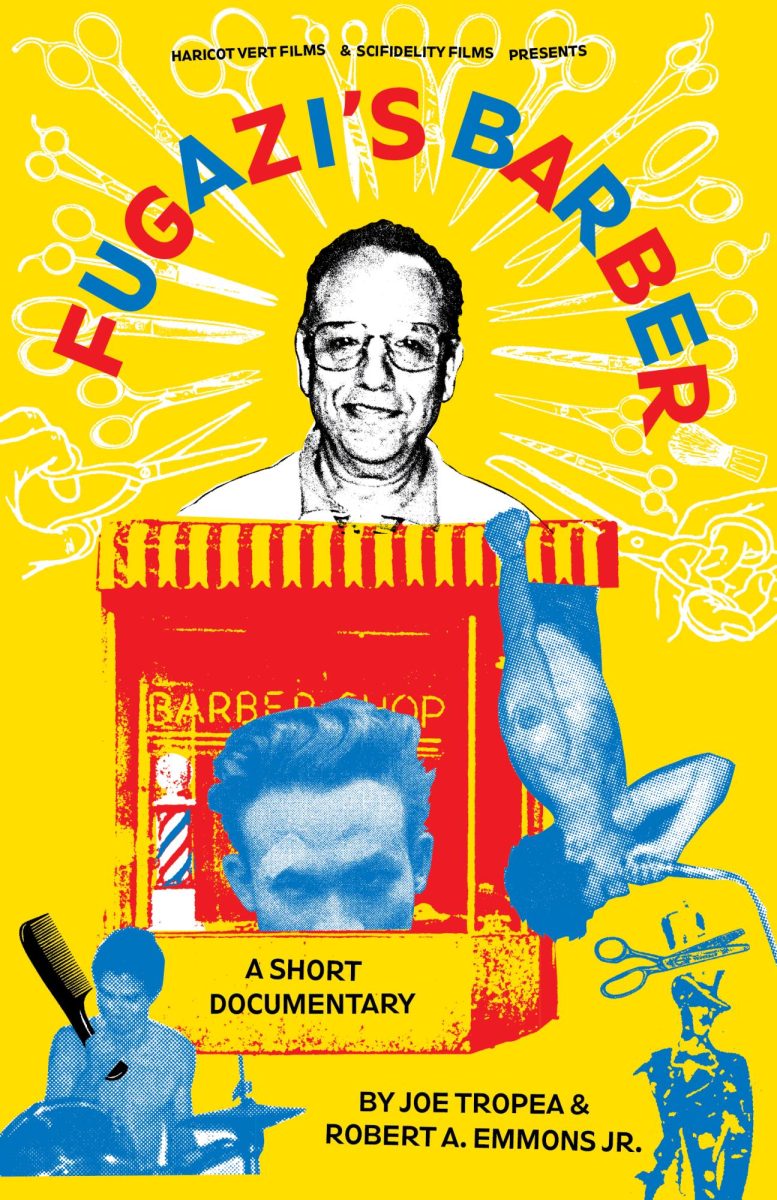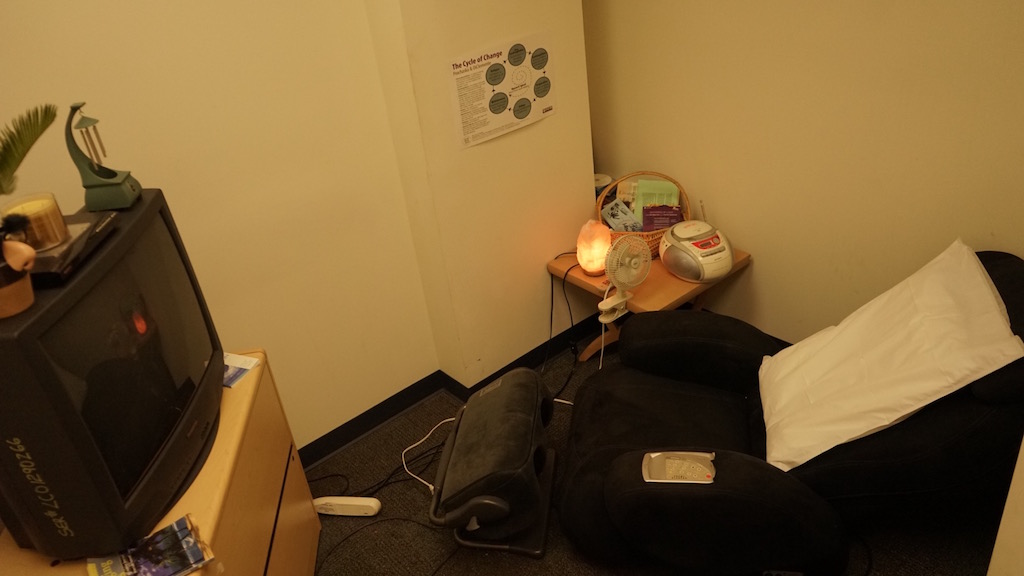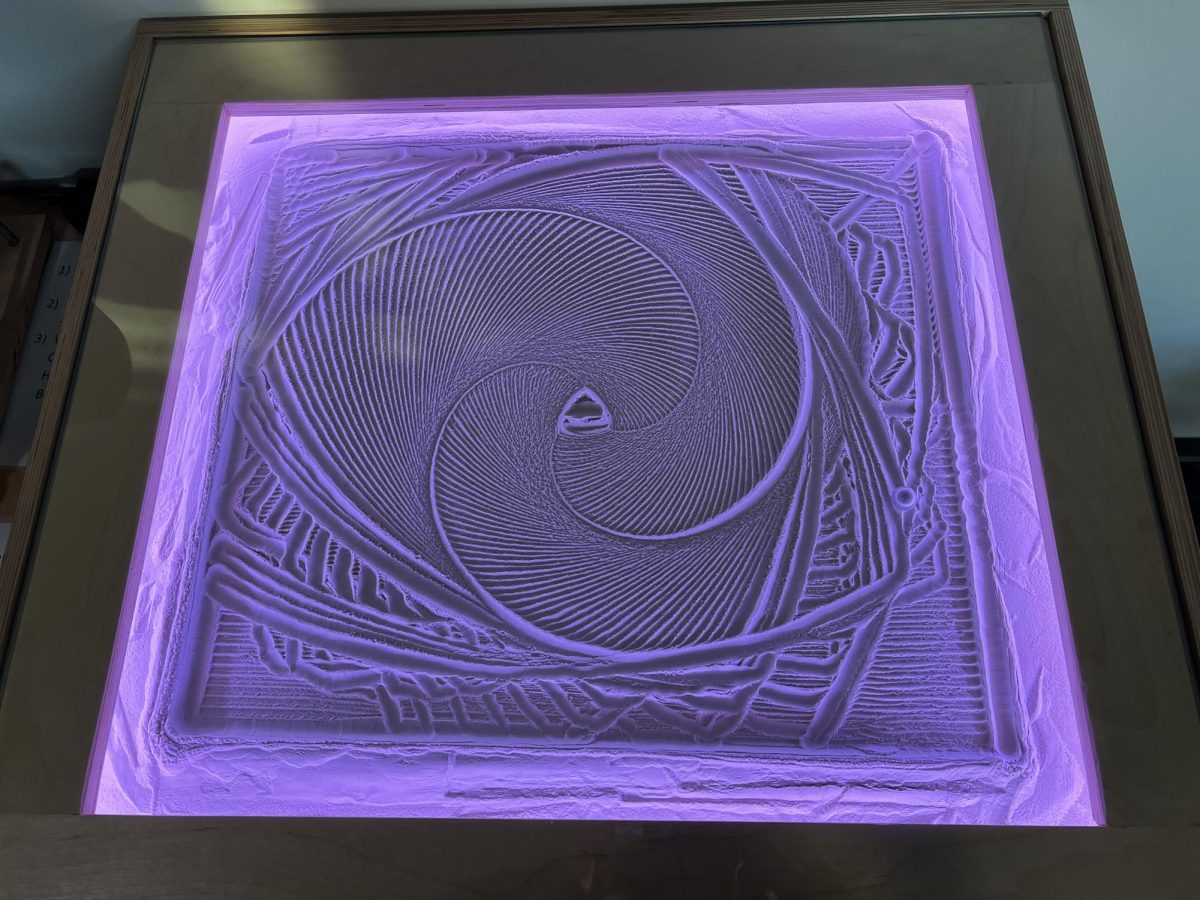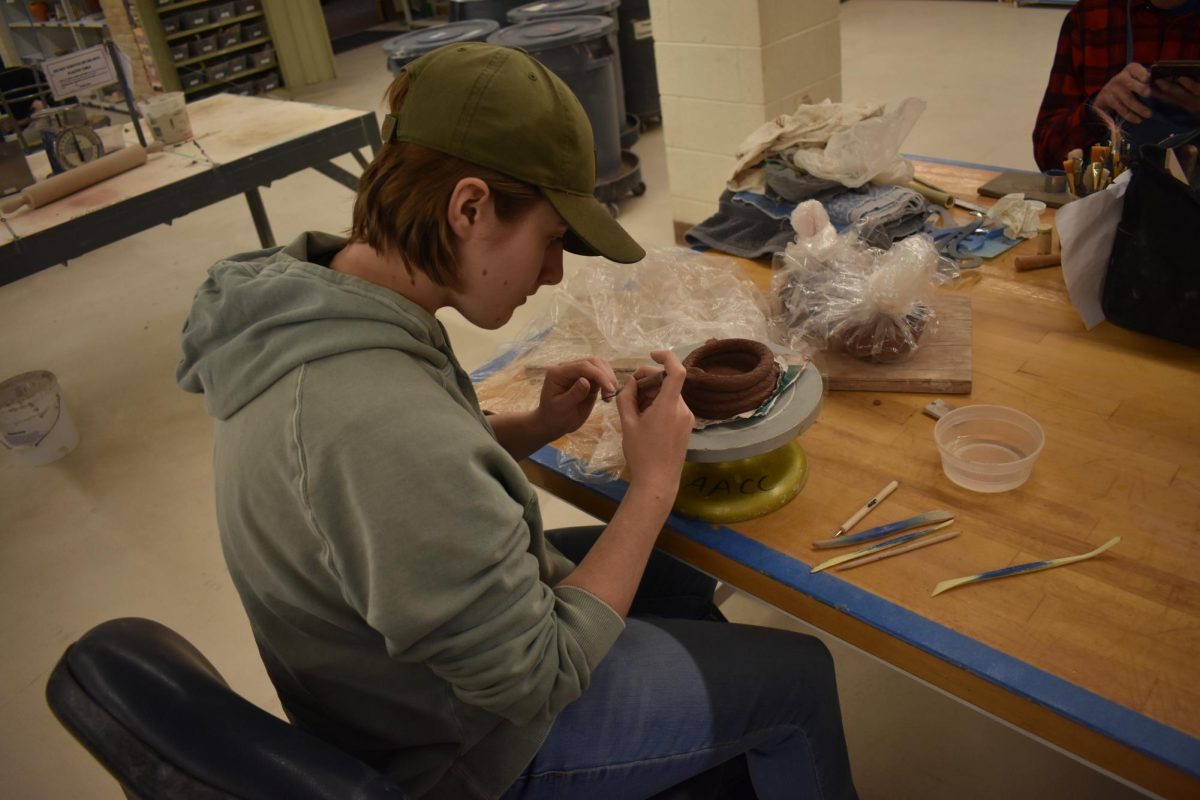It took a film professor seven years to release his first documentary, “Hit and Stay.”
Joe Tropea, an adjunct professor at AACC and Towson University, released the 97-minute documentary in 2013. The film tells the tale of the Catonsville Nine and the Baltimore Four, a group of anti-Vietnam War activists who destroyed draft records as a form of protest.
Tropea is credited as a director on two other projects: “Sickies Making Film” and “Fugazi’s Barber,” and has worked on seven films as a producer. Most of his work is available through streaming.
Tropea, who has a master’s degree in history, previously worked as a public historian and curator. According to Tropea, having a background in history helps him gather different viewpoints during the documentary filmmaking process.
“You can’t trust what one person’s version of an event is,” Tropea said. “So as a historian … you have to represent multiple viewpoints. And I bring that into my documentary filmmaking.”
Tropea is an indie filmmaker who has never worked with a major studio.
“All of my films have been self-financed … through Kickstarter, Indiegogo … [or] grants,” Tropea said.
The world of documentary filmmaking has opened up a lot of opportunities for Tropea. While working on “Hit and Stay,” Tropea said he has “been really fortunate. I got to meet … people that I look up to,” adding, “Meeting people that are kind of your academic idols is pretty great.”
Tropea encouraged students who want to make documentaries not to “let someone tell you you can’t do something. Just do it. If you suck, you’ll find out eventually.”
Kezia Millett, a second-year film studies student, said having a professor with a documentary background means Tropea has experience “talking to different people and definitely got, like, different perspectives.”
Rye Tallon, a second-year undecided student, said Tropea “seems to have … a lot of passion and a lot of knowledge in the field.”
Anna Karageorgi, a second-year film studies student, agreed.
“It’s pretty cool that … actually he … talks about what the industry is,” Karageorgi said.









